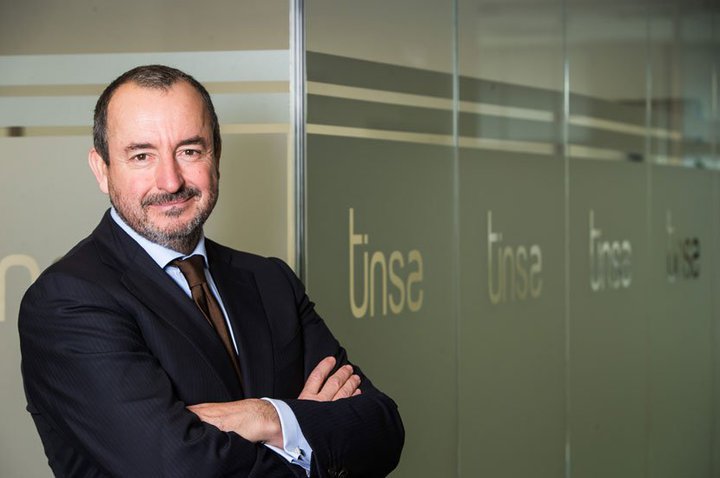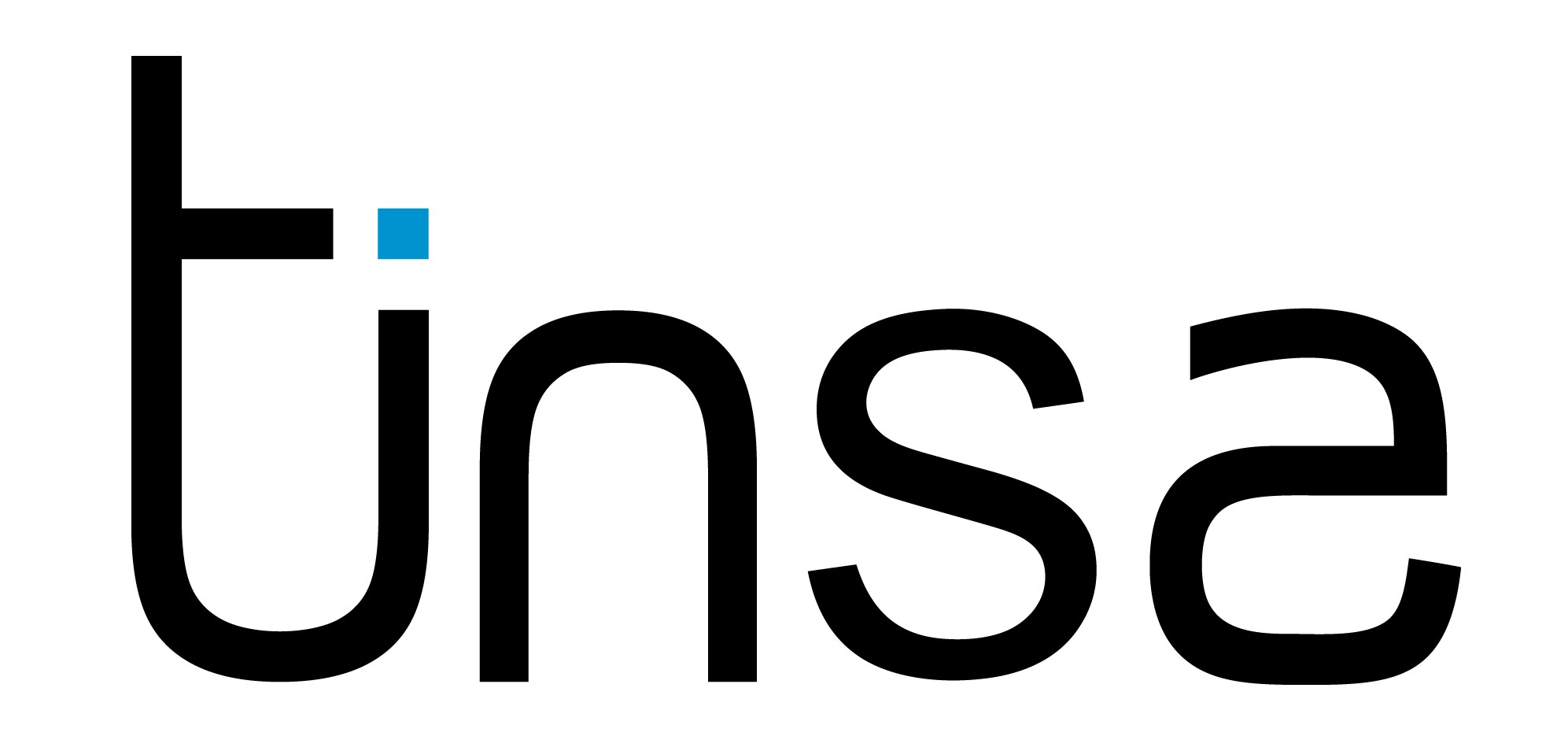This advice is from Bank of Spain, which Ignacio Martos, president at Tinsa, says he is already implementing in his company. «The use of comparative variables is not the only way to carry out assessments and the Bank of Spain has already requested the use of alternative ways of measuring the assets’ value», he mentioned in an interview to Iberian Property Investment Talks.
In order to carry out this task, Tinsa has a «large database» with information on assets located in Iberia. «We cover around 30% of the Spanish and Portuguese markets and, as such, around one-third of the real estate industry is in our database, which shows us an historic perspective, so that we can understand the current situation, despite being a huge challenge. In our assessments, we emphasize that we are living through a peculiar period and that we will be able to overcome the challenges facing assessments», he explained.
Despite considering this is a temporary situation, which «will last around 6 months», Tinsa’s president assumed that he wants to wait until the end of the Summer to gain a perspective on the sector’s future, which will be «necessary to know how long it will take to return to the point we were at in December 2019». According to him, one year and a half of recovery will not be enough to reach that goal, because «there will be other stressful situations with which we will have to deal».
«Tourism will take a long time to go back to normal»
Tourism should take a long time to go back to normal. This is «a segment with great impact in the real estate industry» - since it represents around 14% of the GDP in both Spain and Portugal – and it should recover step by step.
«Spain received 84 million tourists last year alone, who did not return this year. After this situation, the segment will take a long time to recover its activity. Large companies such as Amadeus, Iberia and other airlines consider that, in the best scenario, air traffic will return to 60% of what it was in 2019, next year. In 2022 it will be 80%, which means it will take a long time to go back to normal», explained Tinsa’s president.
Given the sector’s instability, Ignacio Martos anticipates that the situation may generate some dynamic, since «the crisis will force the industry to restructure itself. Some hotels will have to close and there will also be mergers and concentration of companies».
Face to face contact is important for creativity
Despite the changes in work habits, Ignacio Martos considers the impact of digital transformation on the office segment in being overrated.
«You can accelerate the adoption of technological abilities, but it won’t end face to face contact and in-person meetings, because these are very important for creativity and innovation. Humans need to be face to face with each other. Working from home is pleasant, but also circumstantial. We are not prepared for remote work. A house’s function is to live with your family and the office helps organize your professional life. It is healthy to separate both areas», he argued.
In this conjuncture marked by uncertainty, Tinsa’s strategy is to keep the team together, because «we do not know the battles we will have to fight in the future». On this point, Ignacio Martos further advises to «reduce expenses and costs and remain in a safe zone in terms of taxes».





